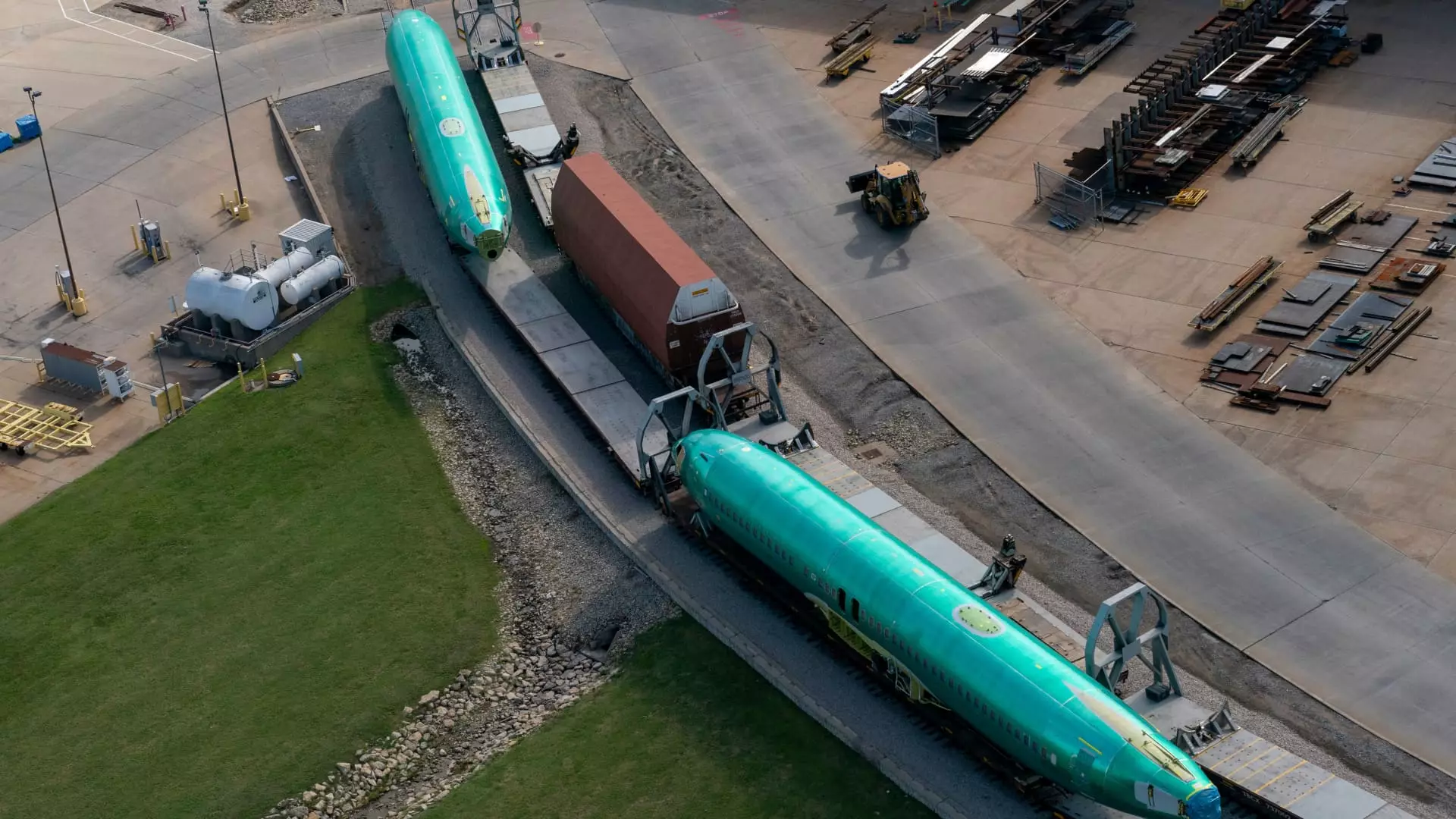Unraveling the Challenges: Spirit AeroSystems Faces Tough Decisions Amid Prolonged Boeing Strike

The ongoing strike involving Boeing machinists has entered its sixth week, casting shadows over the entire aerospace industry. Spirit AeroSystems, a crucial supplier to Boeing, is now contemplating significant workforce reductions, possibly affecting hundreds of employees if the strike extends beyond November 25. The strike, triggered by a rejection of a proposed labor contract with a 64% vote against, has stymied Boeing’s production capabilities, causing ripples throughout the aerospace supply chain, particularly for those reliant on Boeing’s operations.
The ramifications of this protracted strike are particularly severe for Spirit AeroSystems, given its role in manufacturing critical components for Boeing’s aircraft, including the widely popular 737 Max. The company has been preparing to execute temporary furloughs for approximately 700 employees at its Wichita, Kansas facility, with these furloughs potentially commencing next week. Furthermore, the company is now evaluating the necessity for further layoffs. This raises substantial concerns about the sustainability of Spirit’s operations, especially as it reported a staggering net loss of $477 million for the third quarter, more than double that of the previous year. With cash reserves dwindling, the company must carefully navigate its next steps.
Spirit’s considerations reflect the broader vulnerabilities within the aerospace supply chain as labor disputes and production halts wreak havoc on what was already a fragile system. Companies across the industry are grappling with the aftermath of the COVID-19 pandemic which prompted an extensive rebuilding of workforces. The lingering effects of these challenges mean that many suppliers are reluctant to fire workers; however, if the strike persists, they may find themselves with no viable options.
In this context, the stakes are high for Boeing, whose new CEO, Kelly Ortberg, has identified resolving the labor dispute with its machinists as a critical priority. The union representing the machinists has expressed eagerness to return to the negotiating table, signaling potential avenues for resolution. Meanwhile, Boeing is in the midst of acquiring Spirit AeroSystems, a move anticipated to finalize next year. This acquisition positions Boeing to recapture control over its supply chain, yet the immediate focus remains on resolving the strike.
As both Spirit and Boeing confront the fallout from the strike, the future remains uncertain. The aerospace sector is not just facing operational challenges but also the potential for longer-term implications on workforce dynamics and supplier relationships. The ability of these companies to adeptly navigate the current crisis will be crucial in determining not just their survival in the immediate future, but their competitiveness in a rapidly evolving global marketplace. The resilience of the aerospace supply chain will be tested as these entities seek to stabilize and recover from the impacts of labor disputes and production disruptions.





